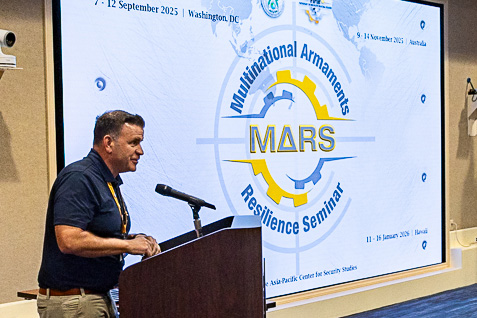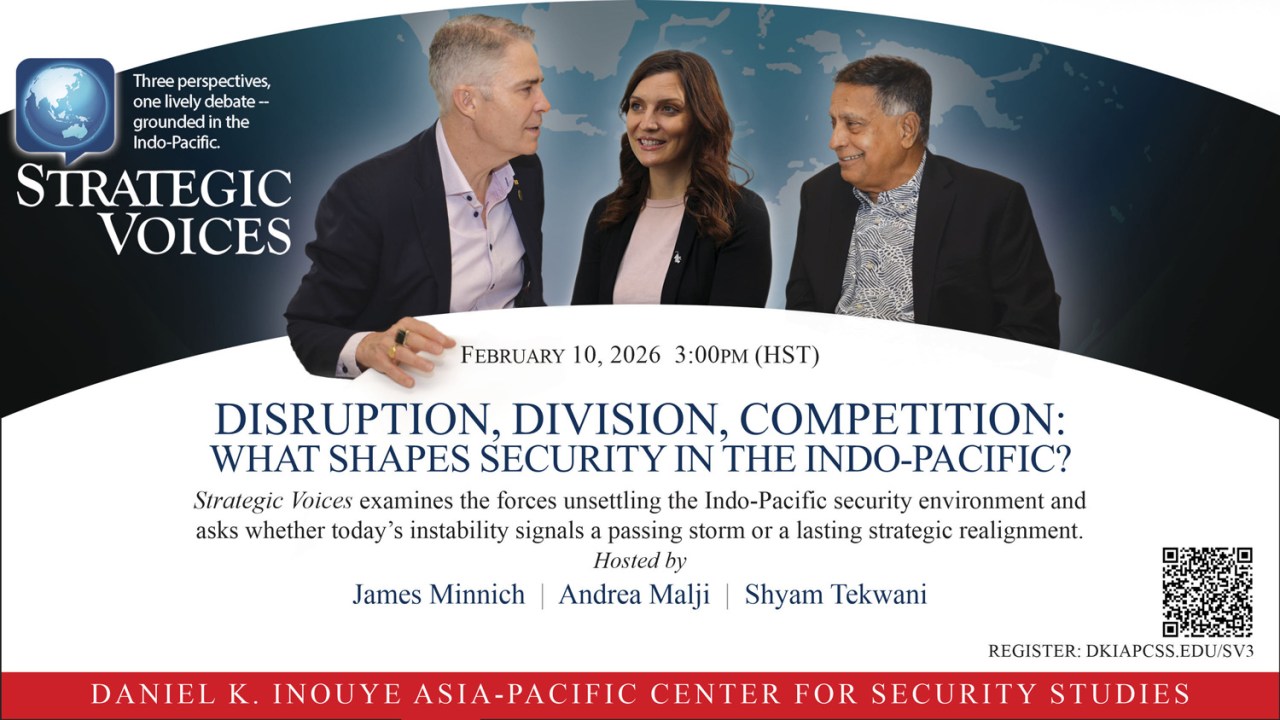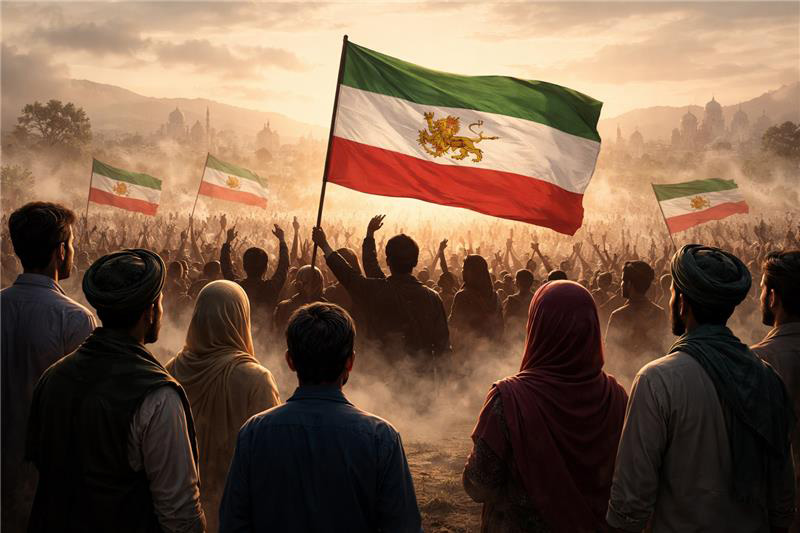By James M. Minnich
The vast expanse of the Indo-Pacific conceals a dark secret: sea slavery, a human rights crisis entwined with unsustainable fishing practices. From idyllic coastlines to the open ocean, forced labor, abuse, and environmental destruction cast a long shadow. This issue is not just a humanitarian tragedy; it erodes global security, fueling instability, crime, and even regional conflict.
In Episode 9 of the Security Nexus Webinar, we embarked on a deep dive into this shadowy world with seasoned maritime expert Ms. Anny Barlow. Her journey from commercial fisher to passionate advocate shed light on the complex web of sea slavery and how it is jeopardizing our oceans’ health and the lives of countless individuals.
The Toll of Sea Slavery
The International Labor Organization reports over 128,000 fishers enduring forced labor, but the true scope of sea slavery likely far exceeds this figure. Anny shared poignant stories highlighting the devastating impact on individuals and communities, painting a stark picture of exploitation and lost hope.
Sea Slavery and Security Threats
Illegal, unreported, and unregulated (IUU) fishing, driven by greed and a disregard for sustainability, destabilizes the delicate balance of the Indo-Pacific. It depletes fish stocks, undermines economies, and intersects with other illicit activities, posing complex challenges to peace and stability. Anny elaborated on how IUU fishing amplifies maritime security threats, emphasizing its far-reaching consequences.
Economic Drivers and Sustainability
While the fishing industry is economically vital, unsustainable practices fueled by short-term profits perpetuate both sea slavery and IUU fishing. We examined the economic forces and discussed how strategies to promote profitability and a healthy ocean are crucial for ending these destructive cycles.
Policy, Governance, and Protection
International agreements strive to address IUU fishing but often fall short in protecting the rights of vulnerable migrant fishers. Anny addressed these gaps and suggested enhancing policy and governance for industry sustainability and worker safety.
Solving the Ocean Crisis
Multinational corporations wield immense influence over seafood production, often driving unsustainable practices. We examined their role as potential agents of change or perpetrators of the problem and discussed how they can contribute significantly to a healthier ocean and a more just industry.
Technology and Accountability
Emerging technologies like satellite monitoring and AI-powered analysis offer hope for combatting illegal fishing. Anny discussed the potential and the hurdles in leveraging these tools for greater transparency and a sustainable future.
Consequences for Communities
The effects of IUU fishing and sea slavery ripple through Indo-Pacific communities, threatening their livelihoods, traditions, and cultural identities. Anny explored strategies to empower these communities as stewards of their marine resources, providing viable alternatives that reduce the desperation that fuels exploitation.
A Sustainable Future
Anny, in closing, painted a vision of a future where sustainable fisheries, ethical labor practices, and a thriving ocean are the norm. She emphasized the need for technology, collaborative governance, and a conscious shift in market dynamics to achieve this ambitious yet essential goal.
Learn More
This webinar offered a glimpse into the urgent issue of sea slavery. For further exploration, Anny recommended Ian Urbina’s 2019 book, “The Outlaw Ocean: Journeys across the Last Untamed Frontier.” Join us for our upcoming episodes as we examine the region’s critical security challenges.
Organizations and Projects of Interest
- Outlaw Ocean Project
- The Bali Process
- Human Rights at Sea
- Stella Maris Seafarers’ Center
- Destructive Fishing Watch
- Labour Protection Network
- International Transport Workers’ Federation
- CALM-CS – Collaborative Accelerator for Lawful Maritime Conditions in Seafood (NOAA)
Publications from Anny Barlow’s Research
- Informing practical pathways to combat forced labor in the offshore commercial fishing industry: A research agenda for a transdisciplinary task force
- The Implementation Status of Responsible Fishing Instruments to Combat Illegal,
Unreported and Unregulated Fishing
- A Review of Fair Labor Best Practices in the Wild-Caught Commercial Fishing Sector in
Southeast Asia
- The Role of Statelessness and Social Exclusion in Small-Scale Fisheries within Maritime
Security in the Indo-Pacific: A Case Study from the Western Philippines
Other book recommendations:
Urbina, Ian. The Outlaw Ocean: Journeys Across the Last Untamed Frontier. Hardcover – Deckle Edge. New York: Alfred A. Knopf, August 20, 2019.
Want to collaborate?
Have any questions? Get in touch! Anny Barlow via LinkedIn
 Rapid disaster management is a strategic asset for stability across the Indo-Pacific. CFE-DM Director Joe Martin joins Dialogue to examine how regional crisis response works in practice—and why preparedness, partnership, and strategy matter long before disaster strikes.
Rapid disaster management is a strategic asset for stability across the Indo-Pacific. CFE-DM Director Joe Martin joins Dialogue to examine how regional crisis response works in practice—and why preparedness, partnership, and strategy matter long before disaster strikes.
February 6, 2026
4:00 PM in Hawaii









I don’t think it could have been explained better than this. Thank you for this valuable article.